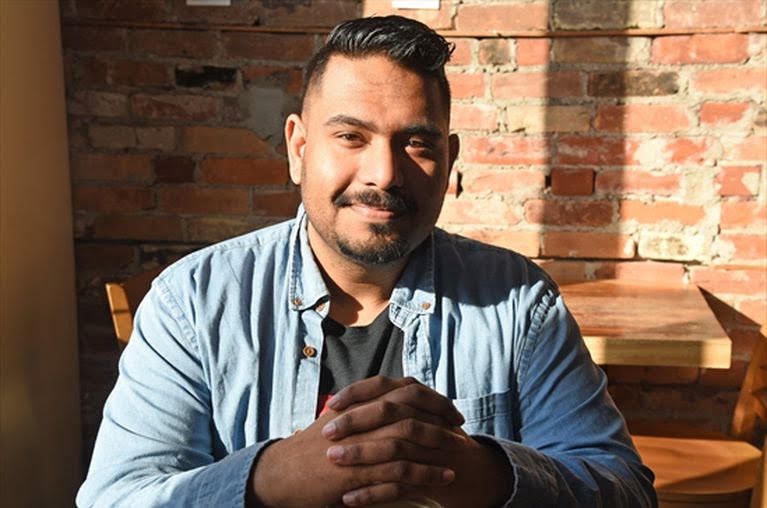NEWMARKET, Ont. – Pflag York Region is calling out the provincial government for voting down a bill that it believes could have helped 2SLGBTQIA+ individuals get gender-affirming care.
Bill 42, Gender Affirming Health Care Advisory Committee Act, would have created a government committee to examine and make recommendations regarding improving access to this care. But after years in the works in different forms, it failed to pass a second reading on March 4.
Pflag president Tristan Coolman urged supporters to write to MPPs and said the government needs to say how it will address gaps in the system for gender-affirming care.
“This is about an individual’s access,” Coolamn said. “This is about trying to find a doctor, trying to find the support they need to live an affirming life… It’s a health-care issue and it’s a health-care access issue that we’re trying to address. We just don’t feel like it’s gotten the attention it deserves.”
Another version of the bill was introduced in 2021, passing a second reading, but was pushed back by the 2022 provincial election. It was re-introduced after the election largely unchanged but did not pass a second reading this time.
Newmarket-Aurora MPP Dawn Gallagher Murphy, a parliamentary assistant to the Minister of Health, voted against the bill. In the Feb. 29 debate in the legislature, Murphy said the government is taking action versus others who “want to have endless conversations by forming more committees and advisory tables.”
“Our government is supporting our health-care sector partners in the delivery of gender-affirming care so that they can better serve their communities because we know that when we work together with our sector partners, we can deliver real results and better health outcomes,” she said.
Gallagher Murphy cited initiatives like supporting the Centre for Addiction and Mental Health’s gender identity clinic program.
She added that there is more work to be done, and the government’s health policy, “With Your Health: A Plan for Connected and Convenient Care,” will guide continued improvement in the health-care system.
But that policy makes no specific mention of gender-affirming care. Coolman said that in York Region alone, it is difficult to find service providers, with the CMHA York-Simcoe’s gender-affirming health clinic waitlist frozen and clinics out there fearful of openly showing their support for gender-diverse people.
“I really have no idea what the government plans are at this point,” Coolman said.
Hannah Jensen, deputy director of communications for the minister of health, said the plan is inclusive of gender-affirming care and the government is now working with the Ontario Medical Association to integrate virtual care to allow for patients, including gender-diverse individuals, to access care over video or phone.
She also said the government is expanding community health centres, family health teams and community-based organizations that provide services to 2SLGBTQIA+ communities.
"Our government is focused on taking real action to ensure all Ontarians can access to the care they need, when they need it," she said.
Coolman said these committees are important to ensure governments are making well-informed policy decisions.
"We know wait times are long, we know it is difficult to find, we know gender-affirming care is centralized in the big cities in Ontario, and we also know the public may not have, and politicians may not have, a good understanding," he said.
Coolman recognized a cultural war occurring regarding trans identities and lessons in schools.
But he said gender-affirming care goes beyond schools and impacts people of all ages.
“We’re talking about mental health care,” he said. “There is a far-reaching impact when we talk about gender-affirming care. This bill really could have had a huge impact.”
